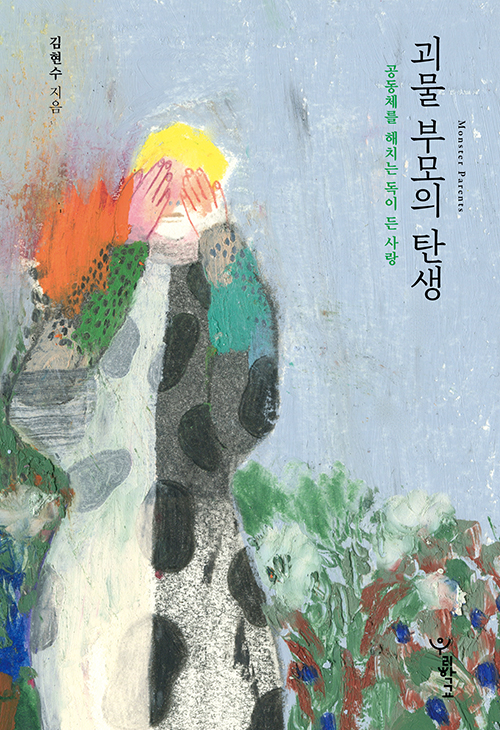Asia Book Awards
Best Asian Books of the Year

The Birth of Monster Parents
Korea, Woorischool, Hyun Soo Kim
Author
Hyun Soo Kim (M. D. Psychiatrist)
While working as a public health doctor at a juvenile hall, he realized that problematic behavior is a psychological rescue signal, which sparked his interest in youth issues. He began to engage with teenagers in earnest when he opened “Joy of Living Psychiatric Clinic” in Bongcheon-dong, where he himself experienced a difficult growing period. The following year, he established a therapeutic alternative school called “Star, the Growing School” for teenagers who had stopped studying, using his own funds, and has served as its principal ever since. He has been dealing with challenges faced by various teenagers, including game addiction, social withdrawal, school violence, learning difficulties, and self-harm. He is also interested in teachers, and actively interacts with public school teachers, focusing on Freinet pedagogy. Since 2018, he has founded a “Teachers’ Group for the Psychology of Relationships” to study attachment theory collaboratively.
In 2022, he moved to Myongji Hospital and took on leadership roles at the Gyeonggi Provincial Mental Health Welfare Center, the Korea Psychological Autopsy Center, the Ansan Mental Health Trauma Center, and the Seoul Suicide Prevention Center. During the COVID-19 pandemic, he served as the head of the SMG (Seoul Metropolitan Government) COVID-19 Psychological Support Group.
His published works include Secrets of Lethargy, Secrets of Today’s Children’s Heartache, The Wounds of Study, and Teacher, Be Safe, Today!. More often than not, he finds himself on the move with messy hair and a large backpack on his shoulders, juggling various roles such as providing medical treatment, teaching, and lecturing, rather than wearing a neat doctor’s gown. He aspires to be a doctor who cares for and treats not only the patients but also their environment.
Publisher
Woorischool
Woorischool (CEO Hong Ji-Yeon) is a publishing company specializing in young adults and education that opened in 2009. The name Woorischool, literally “Our School”, embodies a sincere wish to make our schools truly ours. It also expresses an ambitious hope that the books published by Woorischool will function as another form of school – a place full of joy of teaching and learning, where everyone showcases their own beauty and stands tall while supporting one another. Woorischool aims to sow small seeds of hope to cultivate our schools into such a forest of joy and fulfillment. It is Woorischool’s consistent dream to publish books that are essential for our children to experience the joy of true learning, for teachers to feel the happiness of teaching, and for parents and children to grow together.
The Discussion School for Teenagers series won the Korea Book Award in the children and young adult category. Most of the books published by Woorischool have been selected as recommended books by organizations such as the Ministry of Culture, Sports and Tourism, the Ministry of Science and ICT, the National Library for Children and Young Adults, Chaekttase, and the Korean Children’s Book Association.
What role can publishing play when the same problem occurs in different countries?
If a social problem that seriously troubles us today has already occurred in other countries and is going to spread to yet others, can we more easily find solutions to this problem? Or should we just give up and say that it is an unstoppable problem? What role can publishing play in this context?
The gruesome term “Monster Parents”, which combines the word “monster” with the most precious word “parent”, refers to parents who are extremely authoritarian and overprotective towards their children. They express their love for their children while pouring out excessive complaints and demands on kindergartens and schools. This kind of behavior has recently led to extreme choices by some teachers in Korea. To address this issue, there is a movement to strengthen the weakened teachers’ authority, however, this has coincided with a regression in which the ordinance protecting students’ human rights is being abolished under the pretext of strengthening the teachers’ authority.
The book The Birth of Monster Parents begins by highlighting that the “monster parents” phenomenon is not unique to Korea, where educational fervor is exceptionally high. It presents a multifaceted approach to the issue, noting that the phenomenon first started in Japan and was then followed by Hong Kong, where the whole society suffered. The ‘monster parents’ phenomenon arises from the low birth rate, competitive society, and community collapse that sequentially occurred in Japan, Hong Kong, and Korea. It reveals that the cause is particularly related to a family culture unique to Asian countries that values relationships with children more than with spouses, as well as a sense of superiority that parents seek to prove their social status through their children’s success rather than fostering their development as well-rounded individuals.
In this process, this book also introduces approaches that were first proposed and attempted in Japan and Hong Kong, serving as a guide to help Korean society, which is currently facing the “monster parents” phenomenon, as well as other communities that have not yet encountered this issue, to prepare in advance.
Publishing has the responsibility of connecting individual lives and social communities and bridging various communities beyond language barriers. Considering this, The Birth of Monster Parents offers new perspectives for communities that have faced this issue but have not yet resolved it, helping those encountering it for the first time reduce the costs of conflict resolution. It excellently illustrates the responsibility of publishing in reaffirming that while it is important to respond at the individual level - among parents, children, and teachers - it is even more crucial to recognize that interpersonal conflicts cannot be resolved without accompanying social change.
Countries in Asia that have followed a path of rapid growth are at a crossroads, where the future direction of the nation depends significantly on how they nurture the next generation. This is why all members of society, not just parents or teachers, must take this gruesome phenomenon of “monster parents” seriously and work together to resolve it. In this context, the fact that the author, Kim Hyun-Soo is a psychiatrist engaged in activities to heal the families of victims of social disasters such as the Sewol Ferry disaster and had established an alternative school, being at the forefront of Freinet pedagogy, which emphasizes personal growth as citizens, greatly contributes to the balanced perspective presented in this book.
Let’s use this book to spark wonderful pan-Asian publishing initiatives that answer the question: “What role can publishing play when the same problem occurs in different countries?”
